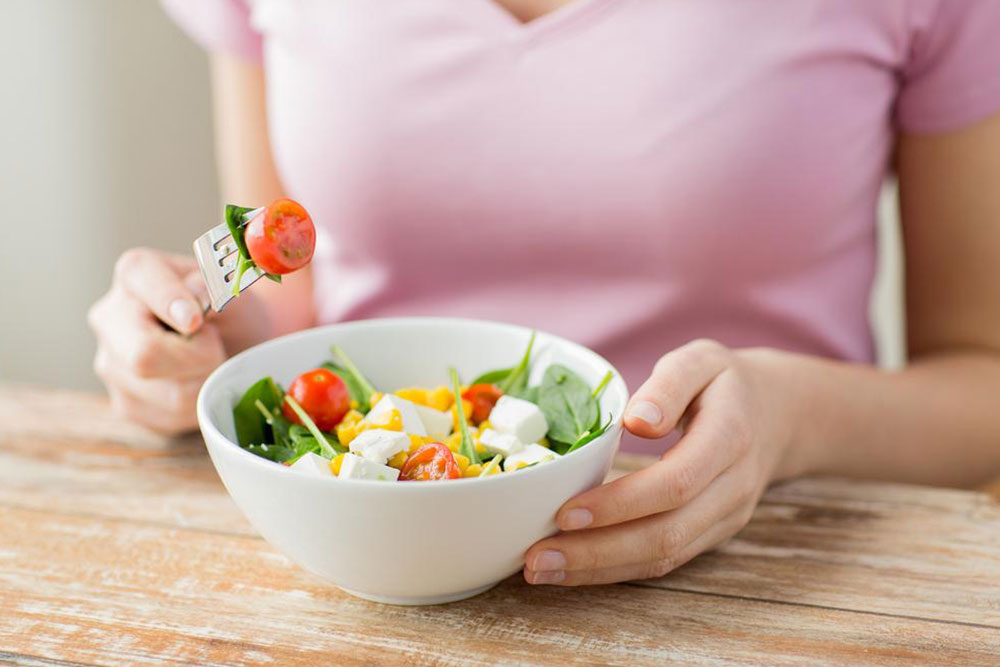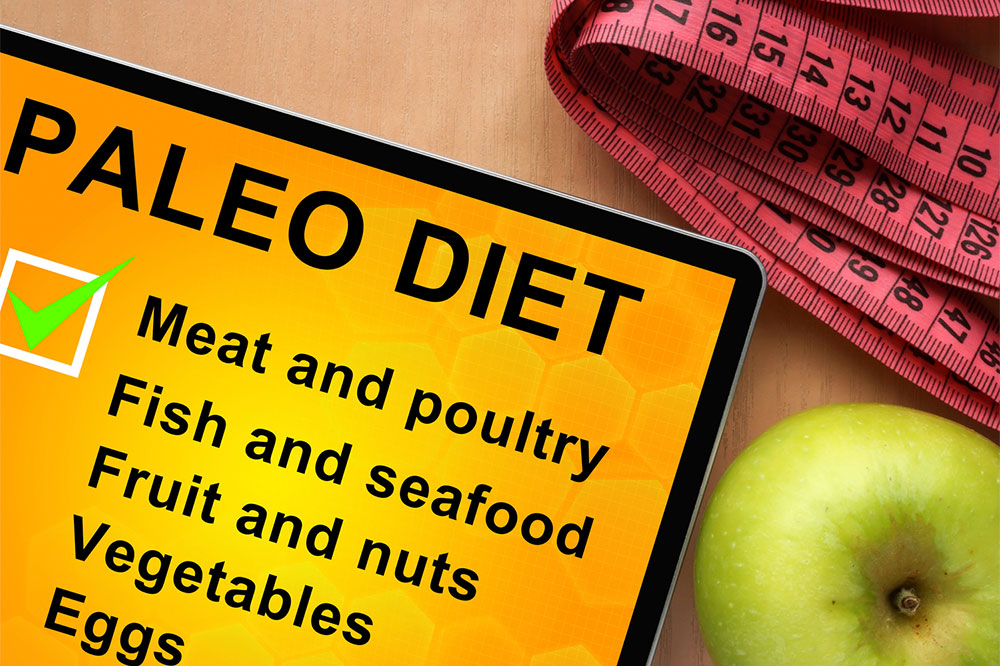Essential Insights into the Paleo Diet
Discover comprehensive insights into the paleo diet, exploring its principles, benefits, and food sources. Learn how to transition gradually and the role of different food groups to maintain a balanced approach for better digestive health and overall wellness.

Essential Insights into the Paleo Diet
Modern lifestyles and evolving dietary habits have compromised the digestive health of many individuals. Consuming foods such as legumes, grains, refined sugars, processed potatoes, salt, dairy, vegetable oils, and root vegetables can stress the gastrointestinal system. This has led many to adopt a paleo diet, which emphasizes eating natural, unprocessed foods like fruits, vegetables, nuts, and seeds. Achieving a balanced intake of calories, fats, and proteins is crucial for optimal health.
The paleo approach promotes a high-fat, moderate-protein diet with occasional low-carb foods. Fats mainly come from oils and butter, while proteins include fish, lean meats, eggs, chicken, and seafood. Monitoring calorie consumption helps balance saturated fat intake. Alternatives like avocado oil or macadamia oil are excellent for salads.
Getting Started with a Paleo Diet
Achieving rapid weight loss is not the primary goal; instead, a paleo diet encourages a sustainable, balanced approach that transitions from processed to whole foods, supporting healthy weight management.
It's common to experience weight fluctuations, as the diet includes lean proteins, fats, and carbs, which can add to your overall weight. Transitioning can be challenging initially, especially when giving up staples like bread, peanut butter, or caffeine. A gradual shift, eliminating one food group at a time, allows your digestion to adapt smoothly.
Meals often involve meat and vegetables, which can seem repetitive and limit culinary variety. This can make adherence difficult for newcomers, as recipes are constrained by available ingredients. The focus on raw, wholesome foods means some essential nutrients, like calcium and vitamin D, may be lacking due to the absence of dairy.
Key Food Sources for a Paleo Diet
Meat options include poultry, turkey, chicken breast, pork tenderloin, steak, veal, bacon, and grass-fed beef.
Other meat alternatives encompass venison, buffalo, lamb, rabbit, elk, emu, and more exotic sources like reindeer, turtle, ostrich, and quail.
Seafood choices include salmon, halibut, sardines, tuna, shark, mackerel, shellfish like shrimp, lobster, and oysters.
Vegetables suitable for paleo diets include leafy greens, asparagus, carrots, broccoli, zucchini, peppers, cauliflower, eggplant, and green onions.
Fruits such as apples, berries, mango, peaches, cherries, bananas, and citrus fruits are staples.
Starchy vegetables like sweet potatoes, yams, butternut squash, and beets are permitted.
Nuts and seeds, including almonds, cashews, walnuts, hazelnuts, pumpkin, sesame, chia, and sunflower seeds, are included in moderation.










